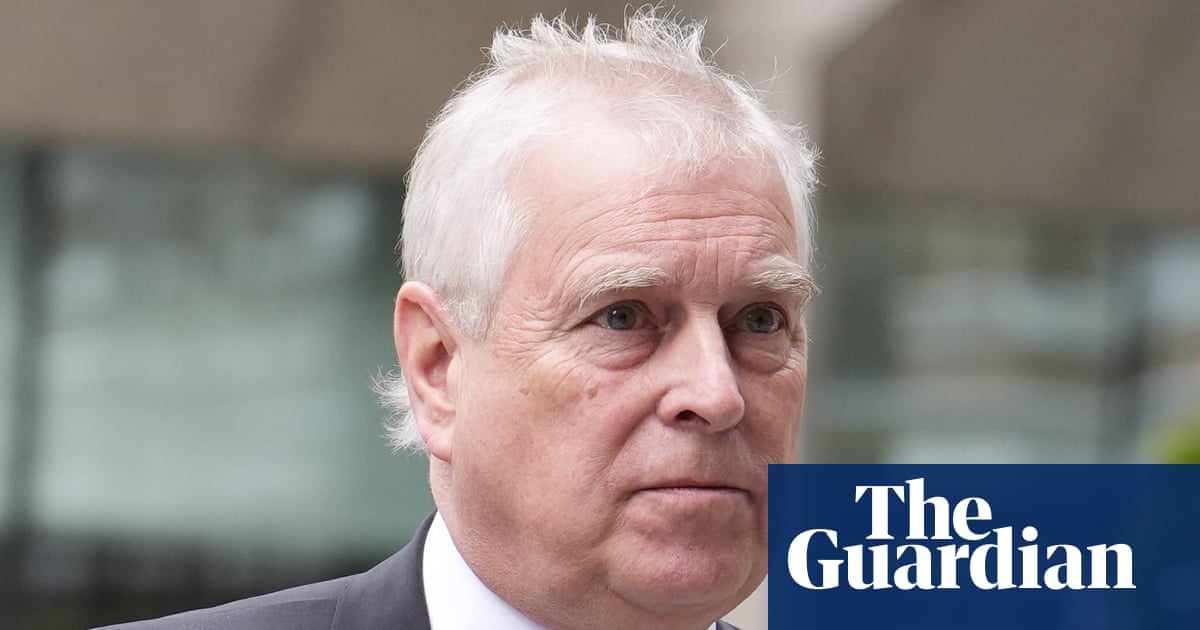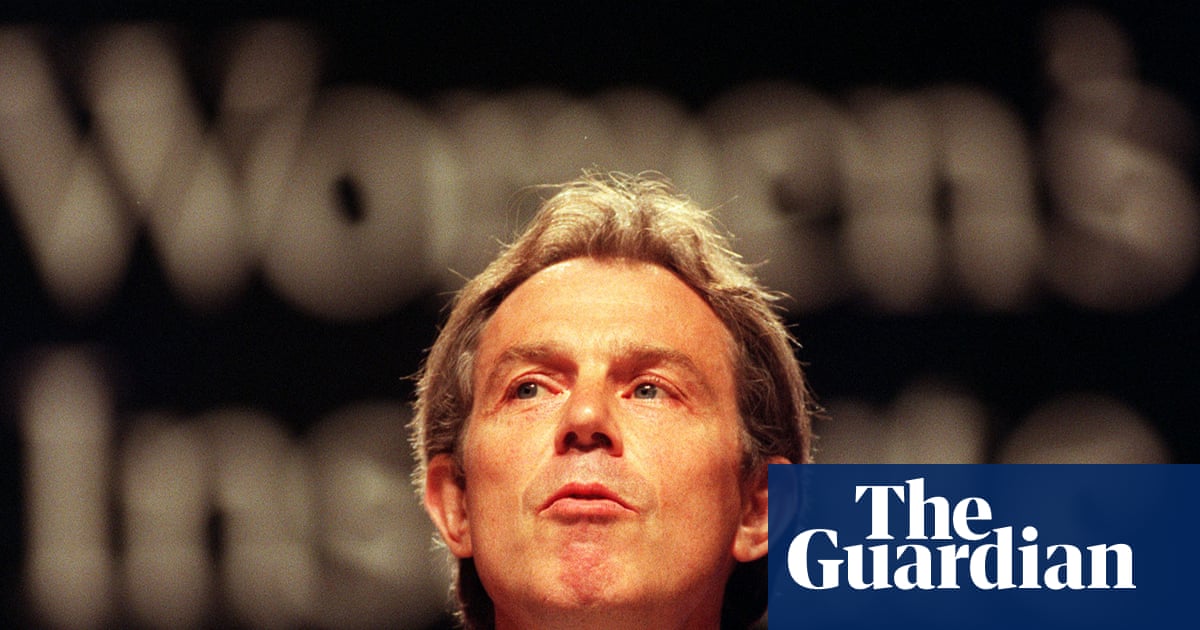What is Labour going to do about the carbon budget and growth delivery plan?
Under the Climate Change Act 2008, the government must cut greenhouse gas emissions to net zero by 2050, and along the way meet a series of five-yearly carbon budgets. But when Friends of the Earth and Client Earth challenged the last government’s plans in the high court, their complaint was upheld: the policies were (twice) deemed inadequate and ministers sent back to the drawing board.
It now falls to Labour to set out a viable blueprint to meet the targets, so the carbon budget and growth delivery plan will encompass all aspects of net zero, including transport, housing, industry, food and farming. The plan is unlikely to have many sweeping new policies but it will have to show in detail how existing policies will work, and touch on politically sensitive issues such as how people may have to change their behaviour to reduce emissions.
When? Legal deadline set by the courts of 29 October.
What about the warm homes plan?
Insulating Britain’s draughty homes is a no-brainer policy: it saves money, improves health for those stuck in dangerously damp homes, and reduces greenhouse gas emissions. But a decade and a half of policy failures have sent the number of installations crashing by 90% since the early 2010s and left the UK without a successful nationwide scheme for insulation. The £13.2bn warm homes plan is meant to fix that and should also help to give people access to low-carbon heat pumps, solar panels and other forms of renewable energy. The challenge will be spending the money in a way that gets most households – from the poorest to those on middle incomes – to take it up.
When? Probably before the end of October.
And what about the future homes standard?
The Conservative government in 2015 scrapped regulations on zero-carbon homes that would have forced housebuilders to equip all new dwellings with high-grade insulation and renewable energy equipment. As a result, an estimated 1.5m homes have been built to such poor standards that they will have to be refurbished, at a cost of as much as £20,000 each.
Work on a future homes standard, intended to remedy this, was begun under the last government but was much delayed and Labour now faces a dilemma: housebuilders are trying to weaken the standards, arguing they cannot build at the speed and volume required to meet the government’s flagship pledge of 1.5m new homes built in this parliament.
Labour has held firm on solar panels, which every new home will need to have, but there are still question marks over key issues such as heat pumps, batteries, water efficiency standards, wood-burning stoves, and whether the door will be left open to hydrogen for home heating. The gas networks and some trade unionists are demanding that it should, despite dozens of studies saying it will not work.
When? Much delayed; was due last year, then earlier this year, now expected this autumn.
There will have to be a decision on North Sea oil decision at some point, too
In March, the government began a consultation on the future of the North Sea. Labour’s manifesto promise of no new licences for drilling for oil and gas came under heavy fire from the industry, which warned of dire threats to jobs and prosperity, and some big projects such as Rosebank and Jackdaw occupy a grey area as their owners had begun the licence application process before the ban. But the North Sea is a basin in steep decline after more than five decades of heavy extraction, and in the last decade the number of jobs has roughly halved.
A “just transition” for oil workers is needed, regardless of drilling, and Labour intends to flesh out its proposals for a “British jobs bonus” that will reward renewable energy companies for creating high-quality jobs, including in manufacturing, in the UK.
When? By the end of the year.
What about airport expansion and aviation?
Labour is backing the expansion of Gatwick, Luton and Heathrow airports, but the government and industry view that aviation can grow while meeting climate commitments very much depends on the development and take-up of sustainable aviation fuels. Though environmental campaigners are sceptical, ministers are putting rules in place to guarantee a minimum price for the fuel to stimulate production, alongside a mandate for airlines to use increasing amounts of it, rising from 2% now to 10% by 2030. This is much more ambitious than the EU’s target of 6% by 2030, and some airlines believe it could be watered down in future.
When? Ongoing.
The results of the wind power auction will be released
The latest round of auctions for windfarms under the Contracts for Difference scheme ran in August but the results will not be made known until later in the year. Changes to the auction mean projects yet to gain planning permission could be entered, and the subsidy contract length was extended from 15 to 20 years. The changes were intended to encourage more entrants, because rising prices for wind energy producers have made their economics more difficult. But windfarm owners have also been accused of profiteering, and holding the government to ransom to gain more favourable treatment.
When? The auction took place in August but the government has not yet announced the results; they are expected before December.
We’re still waiting for the environmental improvement plan
Shortly after taking office last July, the incoming environment secretary, Steve Reed, launched a review of the previous government’s environmental improvement plan. This was meant to be a rapid process, to pave the way for policy change and to reassure conservation groups that Labour did not have a blind spot where nature protection was concerned. The fact that more than a year later this plan is still not ready has not provided that reassurance. Nature, wildlife, habitats and species are under threat across the UK, with some in freefall. Without a plan to improve the environment, this government will fail on some of its key promises.
When? Must be a priority for the newly installed environment secretary, Emma Reynolds.
And the farmers are still waiting, too
Farmers are awaiting certainty on what their future subsidies will be, to replace the common agricultural policy payments that were lost to Brexit. They had been hoping for an announcement this month but it was delayed by the reshuffle, in which Reed was moved from environment to housing.
When? Could be next month?

 3 months ago
53
3 months ago
53

















































